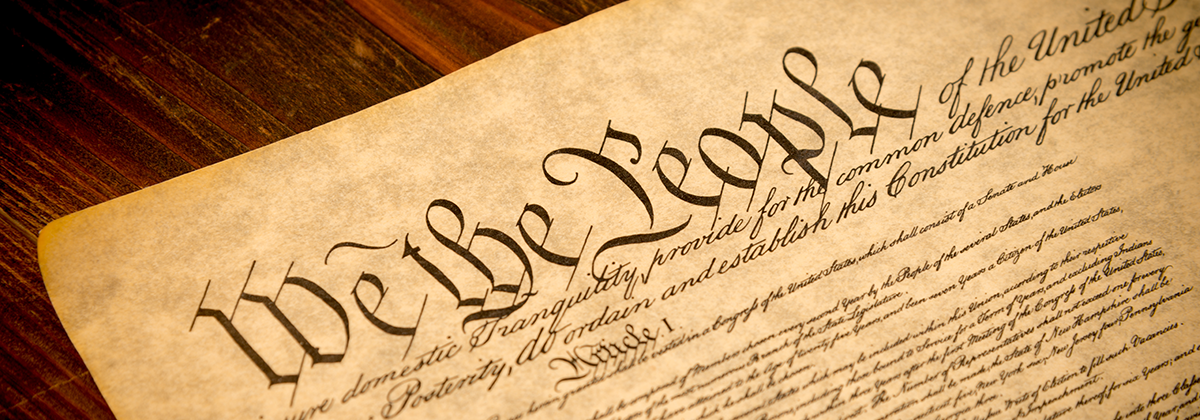Is it a day that lives in infamy? That’s what FDR said concerning December 7,1941 when ”the United States of America was suddenly and deliberately attacked by naval and air forces of the Empire of Japan.” To live in infamy means that a criminal or evil act will be remembered for time immemorial. Yet, I’m concerned that as the World War II generation passes on into eternity and the Baby Boomers age considerably, the memory of that surprise attack takes on less significance to our younger generations.
It may seem awkward to talk to anyone about the significance of the attack on Pearl Harbor when our culture accepts a certain modicum of violence as an everyday occurrence in our nation. In the case of common sense civics, an adult surely would consider how younger generations perceive attacks of violence as mainstream… especially if the real deal seemed somewhat removed- like seven decades ago, two decades ago, or last night in their neighborhood.
Here are a few facts and principles to use as conversation starters to remember Pearl Harbor, those who perished, those whose families still visit their graves.
In the first five minutes of the two-hour battle, the Japanese sunk 5 battleships and 188 aircraft were destroyed at Pearl Harbor. A principle to follow: We must always be prepared to preserve, protect, and defend our nation. “Eternal vigilance is the price of liberty.”
Six battleships that sustained damage were repaired. Two of those, the USS West Virginia and the USS California were completely sunk. The Navy raised, repaired and reused them. A principle to follow: It is a quality of good citizenship to repair what can be repaired and use what can be reused when possible.
During the attack, the oil spills from the ships were ignited. There were sailors that jumped into the burning oil rather than die by drowning, as there were brave young men saving fellow seamen on the water. I’m reminded of those who jumped from the Twin Towers on 9/11/01 to escape the burning flames engulfing them. A principle to follow: None of us knows what we will do when confronted with a life/death situation. Harboring anger, bitterness, resentment, or regret over decisions made during the heat of battle serves no purpose.
There was a Navy seaman who carried his infant daughter’s ashes with him in the hopes of spreading her ashes at sea. December 7 happened, but the baby girl was not forgotten. Her funeral was held in 2003 at the USS Utah memorial. A principle to follow: Every single life is important. Every single life is worth dignity and respect as being “made in the image and likeness of God.” Also, it is important that we never forget, especially when we promise to remember.
Remember Pearl Harbor, December 7, 1941. That’s Common Sense Civics and Citizenship.
A special note of thanks to hireourheroes.org for supplying most of the facts in this post.

